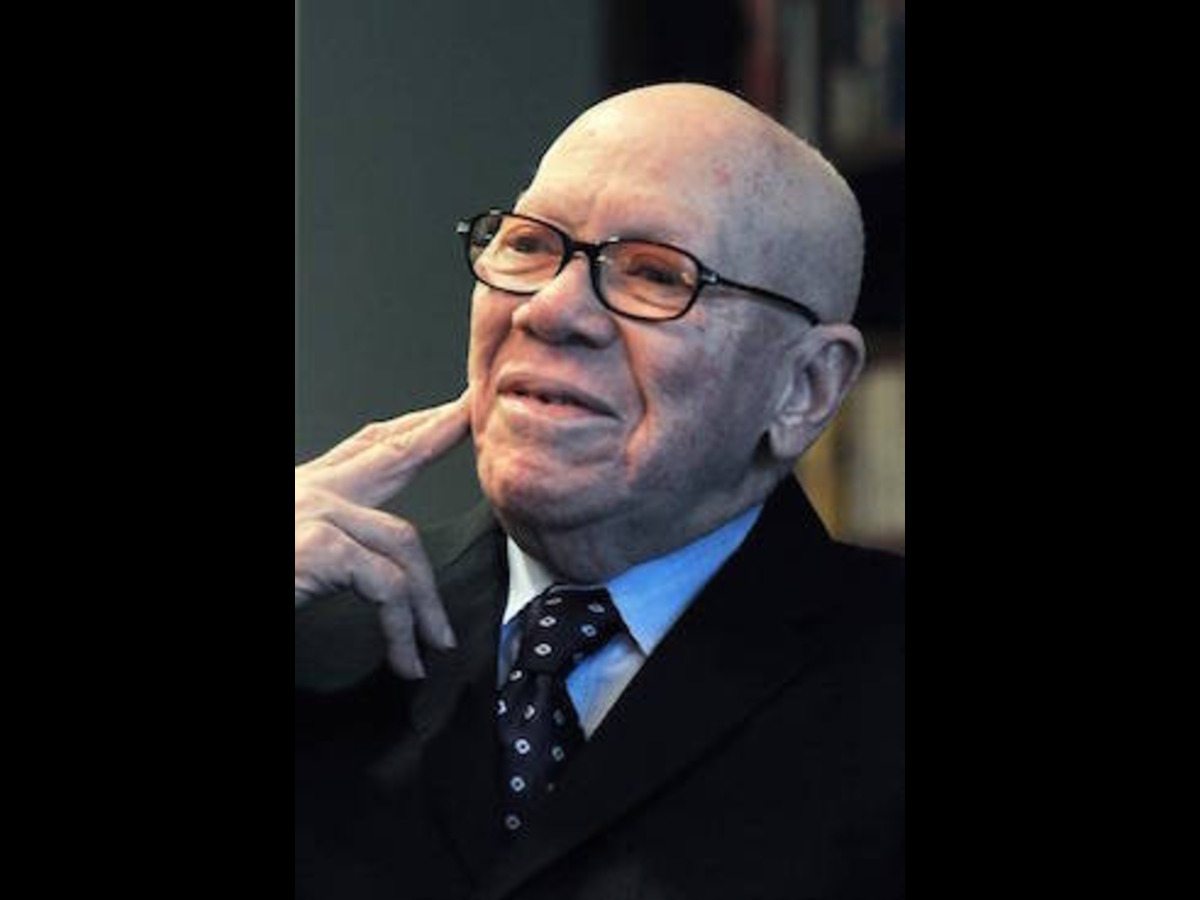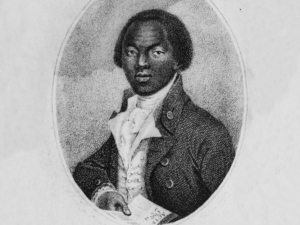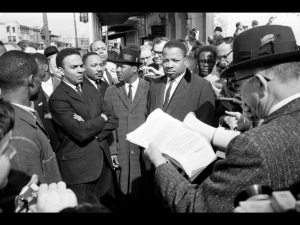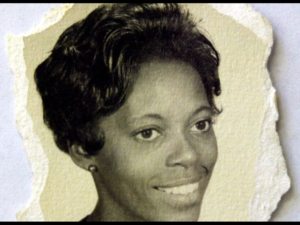Rev. Jesse L. Douglas, a close aide to Rev. Dr. Martin Luther King Jr., passed away in 2021 at age 90. His daughter, Adrienne Douglas Vaulx, said he died in a nursing home in Charlotte, North Carolina, on February 17, 2021.
Douglas’ death was not widely reported at the time, and The New York Times, which reported the news of his death on Saturday, did not know about it until last week.
Douglas, who quietly planned major civil rights marches, helped organize the 1965 Selma-to-Montgomery voting rights marches, including the infamous “Bloody Sunday.”
During what became known as “Bloody Sunday” in Montgomery on March 7, 1965, civil rights marchers were trying to walk from Selma to Montgomery for voting rights but were brutally attacked by state troopers on the Edmund Pettus Bridge. The incident eventually pressured the U.S. government to pass the Voting Rights Act of 1965 — a major victory for the Civil Rights Movement.
As president of the Montgomery Improvement Association and a longtime board member of the Southern Christian Leadership Conference, Douglas was also in charge of logistics and housed activists.
The Montgomery Improvement Association was a civic group founded in 1955 following the arrest of Rosa Parks for sitting in a whites-only section of a public bus.
The association, which Douglas was president of from 1963 to 1966, organized a 13-month bus boycott under the leadership of King. That boycott resulted in a Supreme Court ruling barring segregation on public buses.
While organizing these civil rights marches, Douglas, an albino with light skin, was usually described in newspapers and historic photos as an “unidentified white man.”
“They (white segregationists) always considered me a sympathizer with Black people, but not one of them,” Douglas once told The New York Times. “You know, that’s how I became ‘unidentified white man.’ They didn’t want to arouse friction from their own kind for killing another white man.”
He added, “I had Black people make fun of me, call me ‘old white boy,’ ‘old albino.’ I never paid it any attention. I said, ‘If they’re dissatisfied with the way I look, go see God.’”
Born on August 19, 1930, in New Orleans, Louisiana, Douglas attended Dillard University and Lane College before earning his divinity degree at the Interdenominational Theological Center in Atlanta, Georgia, the city where he and other area students took steps to desegregate a Georgia State Capitol cafeteria in Atlanta. Scores were arrested following a sit-in protest, and the lawsuit, Douglas and Reynolds vs. Vandenberg, filed by the Southern Christian Leadership Conference (SCLC) on behalf of the students, helped end racial separation at “all facilities at the Atlanta capitol building,” according to BlackPast.
In 1960, the same year of the sit-in protest, Douglas met King in the school’s library, and that meeting inspired him to be a part of the civil rights movement.
He soon became a trusted ally of King. “Dr. King had a great deal of faith in him,” John Lewis told The Charlotte Observer in 2015. “He would say, ‘Jesse was taking care of this’ and ‘Jesse was taking care of that.’ And he could lead a song, creating a real sense of solidarity.”
As a vocalist, Douglas sang at religious gatherings, and King often asked him to set the tone for his stirring speeches.
Douglas went on to serve as a pastor at Christian Methodist Episcopal churches in Birmingham, Ala.; Kansas City, Mo.; Detroit; Chicago; Champaign, Ill.; and Flint, Mich., before retiring in 2004, according to the Times.
He is survived by his daughter, two sons, a brother, eight grandchildren and three great-grandchildren. His wife, Gordon Blanche, died in 2015.
He often spoke at events celebrating Martin Luther King Jr. Day.










